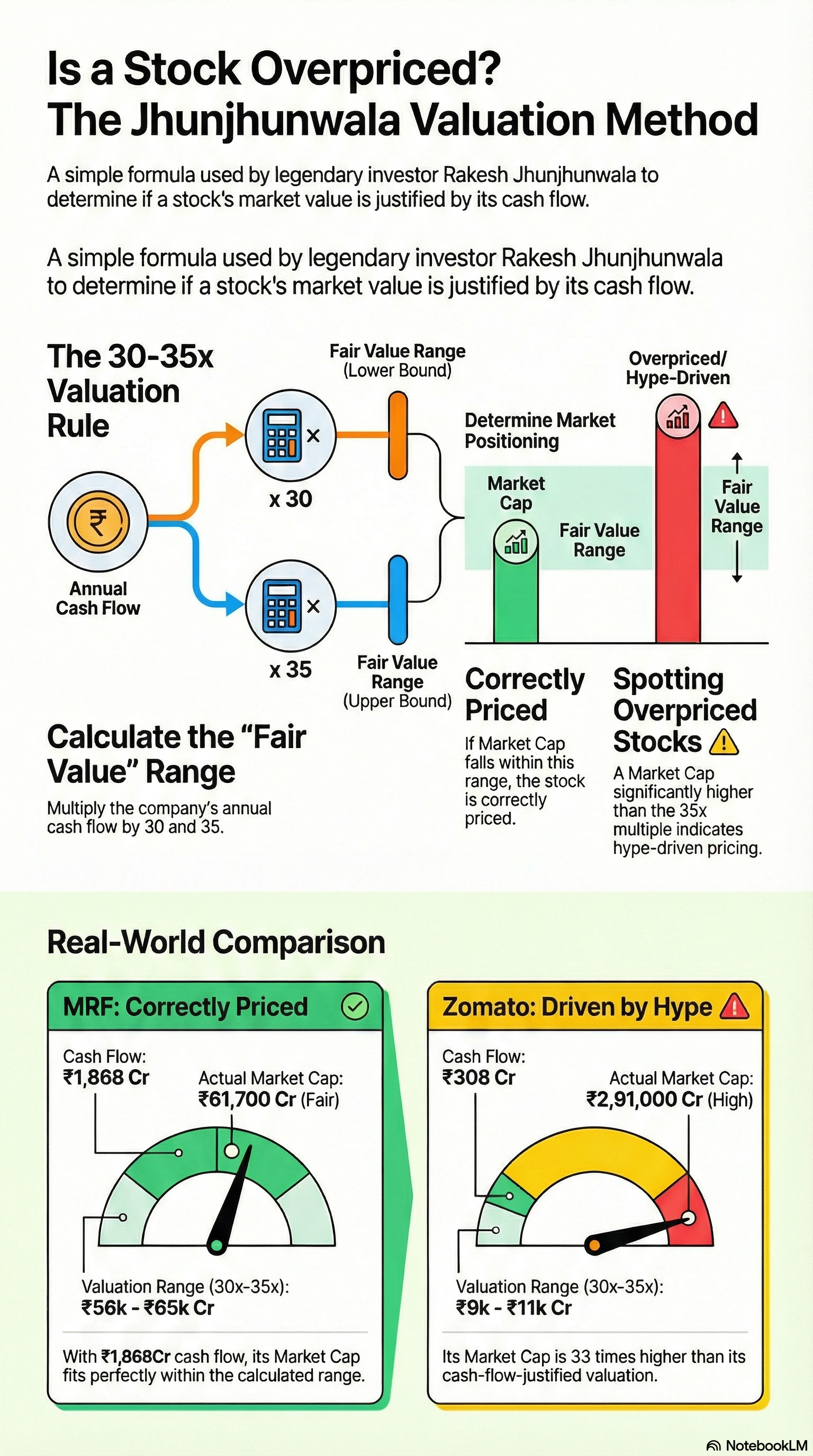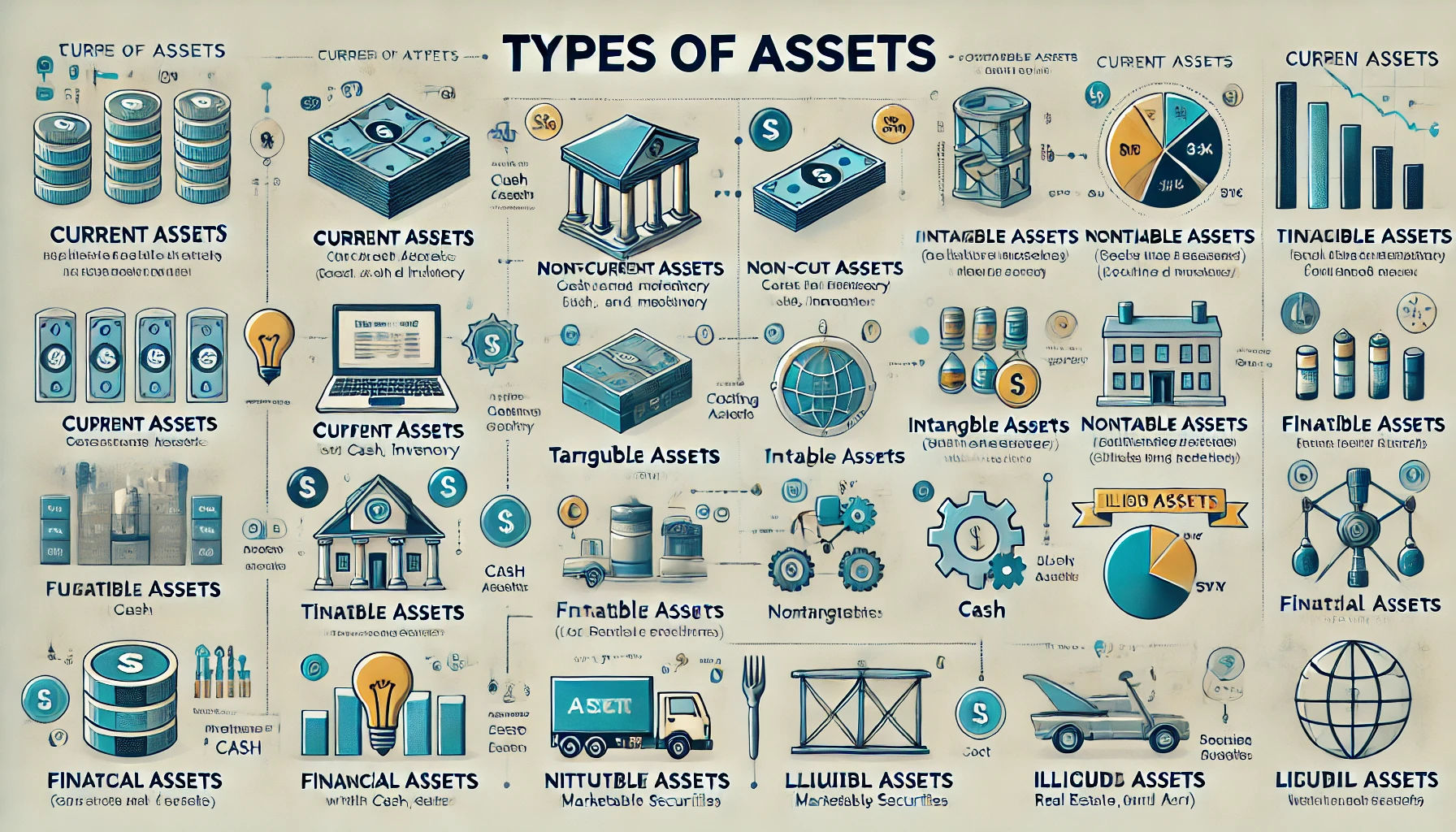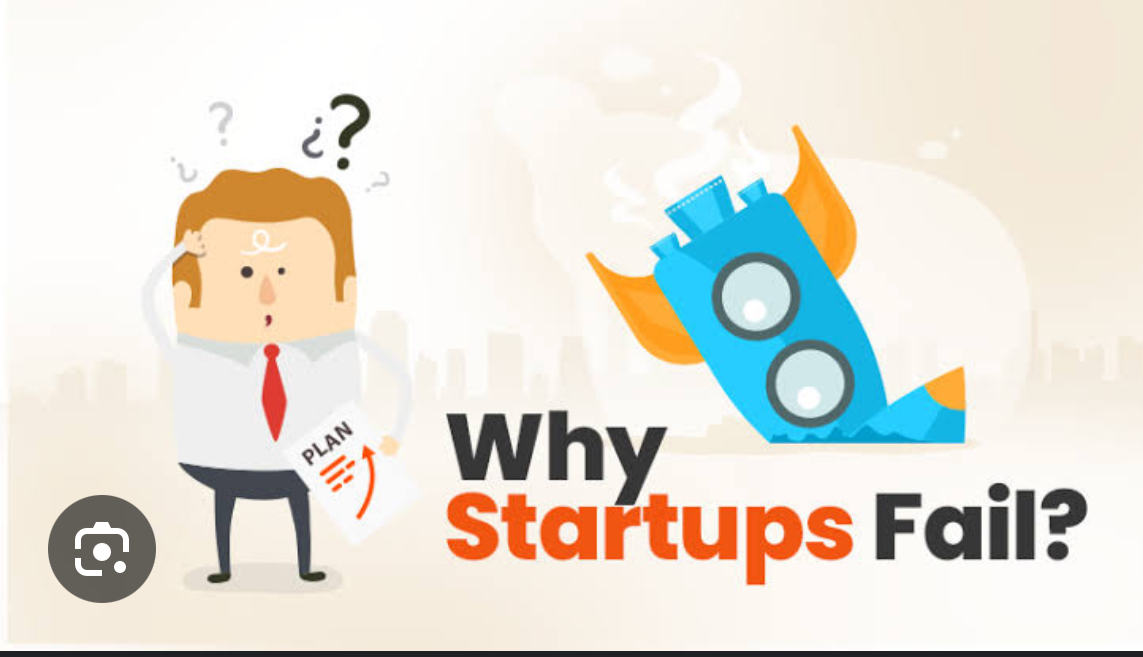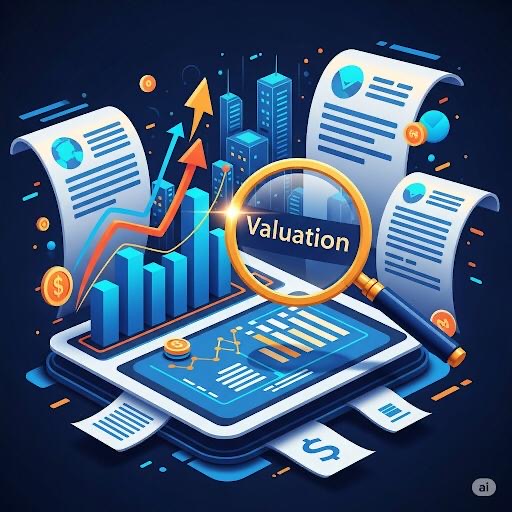Back
Replies (1)
More like this
Recommendations from Medial
VIJAY PANJWANI
Learning is a key to... • 28d
Is That Stock Really Cheap… or Just Hype? Most people buy stocks because: “Price is going up 🚀” But smart investors ask only ONE question: 👉 Is the market cap justified by CASH FLOW? Legendary investor logic: Fair Value = Annual Cash Flow × 30 t
See More
Vansh Khandelwal
Full Stack Web Devel... • 4m
Tapzo, once an ambitious all-in-one app, failed from frequent pivots that eroded trust and an unclear value proposition; persistent negative cash flow and inability to raise follow-on funding; neglect of customer feedback and prioritizing fame over u
See MoreAccount Deleted
Hey I am on Medial • 1y
Hello Guys, I am starting one series of content regarding to the Finance, Startups, Venture Capital Firms and Investment Banking etc.📈💭🚀 Let's Discuss with How VC's determine the valuation of startup 🤩🚀💯❓ •TAM : See the Total Addressable Mark
See More
Tushar Aher Patil
Trying to do better • 1y
Day 7 About Basic Finance and Accounting Concepts Here's Some New Concepts 8. Liquid Assets Easily convertible into cash without a significant loss in value. Examples: cash, cash equivalents, and accounts receivable. 9. Illiquid Assets Assets
See More
Only Buziness
Everything about Mar... • 1y
Why Do Startups Fail? The blog explores the reasons behind startup failures and Key insights include: 1. Ideation Stage: Lack of market research can lead to product-market mismatch 2. Launch Stage: An ineffective business model can hinder scal
See More
Vivek Joshi
Director & CEO @ Exc... • 8m
Ever wondered what happens before a startup secures funding? Let's deconstruct it Valuation is key in funding rounds – is it art or science? For early-stage startups, it's a mix. Common Valuation Methods: DCF: Future cash flows discounted to present
See More
Download the medial app to read full posts, comements and news.

















/entrackr/media/post_attachments/wp-content/uploads/2021/08/Accel-1.jpg)



















